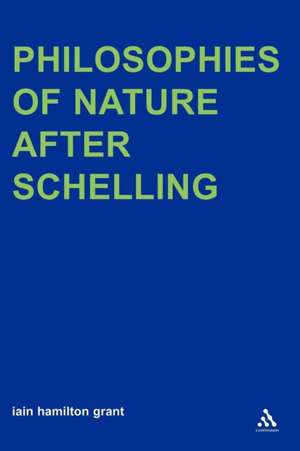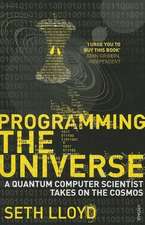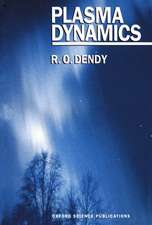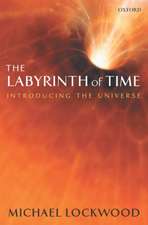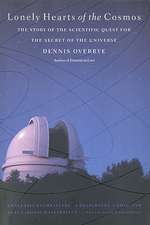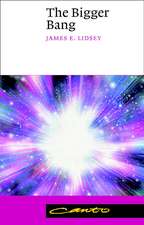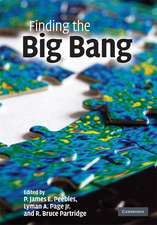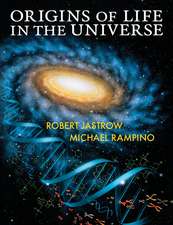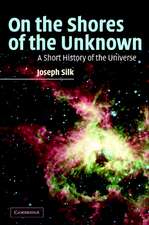Philosophies of Nature after Schelling: Transversals: New Directions in Philosophy
Autor Iain Hamilton Granten Limba Engleză Paperback – 22 oct 2008
| Toate formatele și edițiile | Preț | Express |
|---|---|---|
| Paperback (1) | 304.86 lei 6-8 săpt. | |
| Bloomsbury Publishing – 22 oct 2008 | 304.86 lei 6-8 săpt. | |
| Hardback (1) | 1066.07 lei 6-8 săpt. | |
| Bloomsbury Publishing – 17 iun 2006 | 1066.07 lei 6-8 săpt. |
Preț: 304.86 lei
Preț vechi: 373.47 lei
-18% Nou
58.35€ • 60.68$ • 48.83£
Carte tipărită la comandă
Livrare economică 15-29 martie
Specificații
ISBN-10: 1847064329
Pagini: 246
Ilustrații: black & white illustrations
Dimensiuni: 156 x 234 x 13 mm
Greutate: 0.35 kg
Editura: Bloomsbury Publishing
Colecția Continuum
Seria Transversals: New Directions in Philosophy
Locul publicării:London, United Kingdom
Caracteristici
Cuprins
Acknowledgements
1. Why Schelling? Why Naturephilosophy?
2. The Powers Due to Becoming: The Reemergence of Platonic Physics in the Genetic Philosophy
3. Antiphysics and Neo-Fichteanism
4. The Natural History of the Unthinged
5. 'What Thinks in me is What Is outside me': Phenomenality, Physics and the Idea
6. Dynamic Philosophy, Transcendental Physics
7. Conclusion: Transcendental Geology
Bibliography
Index
Recenzii
"Iain Hamilton Grant's book Philosophies of Nature after Schelling proposes that we think about nature as irreducible to the entire dichotomous game of self and world, idealism and realism. Indeed, Grant argues for a reconsideration of "nature" in terms of the classical notion of phusis-this is a 'physics' that is less concerned with quasi-verifiable, smallest units of matter and more a physics in the sense of a dynamical and ideational flux that pervades the very correlation of self and world, idea and thing." -Eugene Thacker, Leonardo/ISAST, 2009
'Intriguing and ambitious...Philosophies of Nature After Schelling sets a new standard for Schelling scholarship. More than this, it is an important work of philosophy in its own right.' - Radical Philosophy 144 (July/August 2007)
Descriere
'The whole of modern European philosophy', wrote F.W.J. Schelling in 1809, 'has this common deficiency - that nature does not exist for it.' Despite repeated echoes of Schelling's assessment throughout the natural sciences, and despite the philosophy of nature recently proposed but not completed by Gilles Deleuze, Philosophies of Nature After Schelling argues that Schelling's verdict remains accurate two hundred years later. Presenting a lucid account of Schelling's major works in the philosophy of nature alongside those of his scientific contemporaries who pursued and furthered that work, this book does not simply aim to present Schelling's extravagant 'speculative physics' as an historical episode. Rather, Schelling's programme is presented as a viable and necessary corrective both to the rejection of metaphysics and the correlative 'antiphysics' at the ethical heart of contemporary philosophy.
